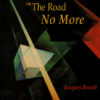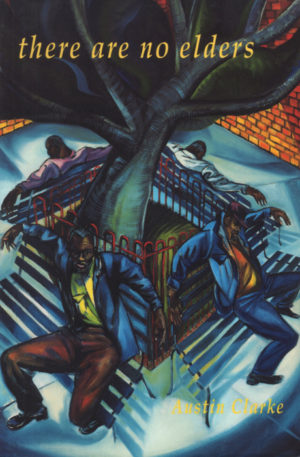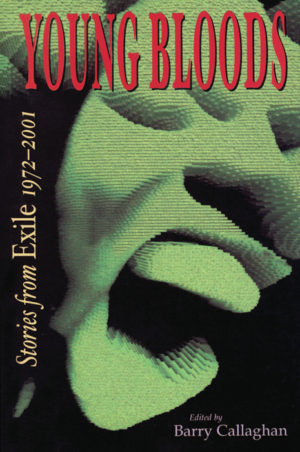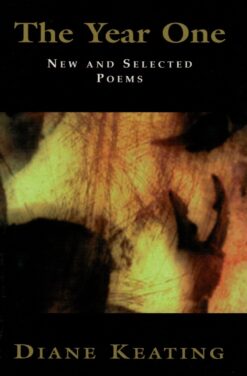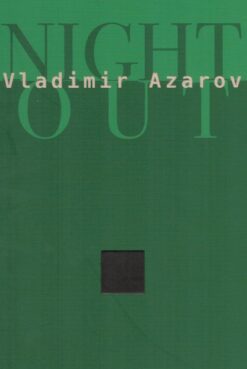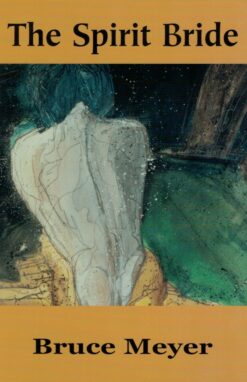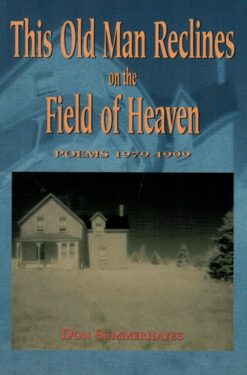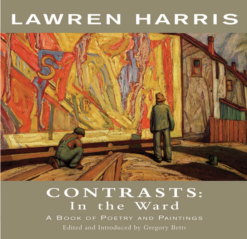Selected Poetry of Louis Riel (Picas Reprint Edition)
$15.95
Louis Riel, the leader of the Métis, hanged by Sir John A. Macdonald’s government, sits at the core of our national imagination. Among partisans, he is either a political poltroon or prophet. But he was also a visionary, a poet, and this is the first selection of his poetry to be published in this country in both French and English.
Translated by Paul Savoie.
Edited and with introduction by Glenn Campbell.
Poetry; reprint edition, 1993 • 4.25 x 7 inches • PB 151 pages • 978-1-55096-534-6
He was born in the Red River Settlement (in what is now Manitoba) in 1844. A promising student, he was sent to Montreal to train for the priesthood, but he never graduated. An attempt at training as a lawyer ended similarly, and by 1868 Riel was back in the Red River area. Ambitious, well educated and bilingual, Riel quickly emerged as a leader among the Métis of the Red River. In 1869-1870 he headed a provisional government, which would eventually negotiate the Manitoba Act with the Canadian government. The Act established Manitoba as a province and provided some protection for French language rights.
Riel’s leadership in the agitation, especially his decision to execute a Canadian named Thomas Scott, enraged anti-Catholic and anti-French sentiment in Ontario. Although chosen for a seat in the House of Commons on three occasions, he was unable to take his seat in the house. In 1875, Riel’s role in the death of Scott resulted in his exile from Canada. These years in exile would include stays in two Quebec asylums and the growing belief in Riel that he had a religious mission to lead the Métis people of the Canadian northwest.
In 1884, while teaching in Montana at a Jesuit mission, Riel was asked by a delegation from the community of Métis from the south branch of the Saskatchewan river to present their grievances to the Canadian government. Despite Riel’s assistance, the federal government ignored Métis concerns. By March of 1885, Métis patience was exhausted and a provisional government was declared.
Riel was the undisputed spiritual and political head of the short-lived 1885 Rebellion. He never carried arms and hindered the work of his military head, Gabriel Dumont. Riel was increasingly influenced by his belief that he was chosen to lead the Métis people. On May 15, shortly after the fall of Batoche, Riel surrendered to Canadian forces and was taken to Regina to stand trial for treason.
At his trial, Riel gave two long speeches which demonstrated his powerful rhetorical abilities. He personally rejected attempts by his defence counsel to prove he was not guilty by reason of insanity. On 1 August 1885, a jury of six English-speaking Protestants found Riel guilty but recommended mercy. Judge Hugh Richardson sentenced him to death. Attempted appeals were dismissed and a special re-examination of Riel’s mental state by government appointed doctors found him sane. He was hanged in Regina on 16 November, 1885. His execution was widely opposed in Quebec and had lasting political ramifications.
Dr. Glen Campbell is a retired professor. He is specialized in Franco-Canadian literature of the West (Louis Riel and Oblate missionary poetry); Eighteenth-Century French Literature (Alain-René Lesage)
Related products
Fiction
Fiction
Fiction
Poetry
Poetry




